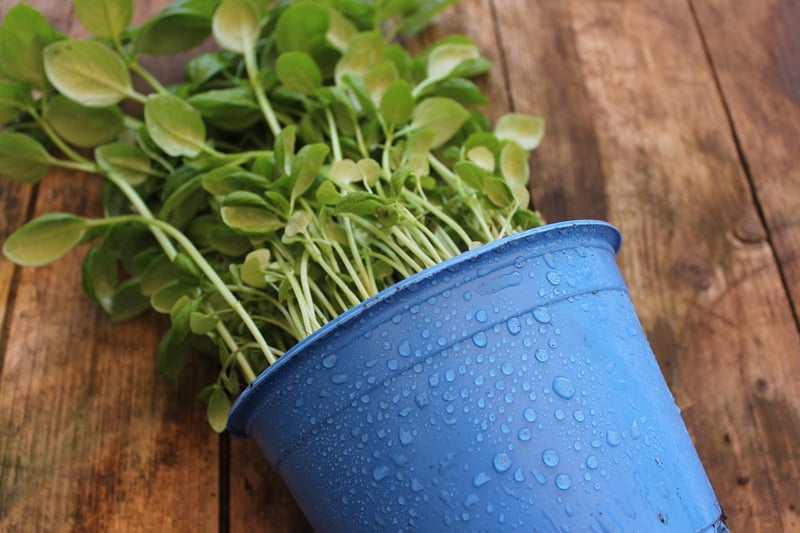Herb Gardening
Tips and Advice for Successful Gardening
Introduction
Gardening can be a rewarding and relaxing activity that allows you to connect with nature and create beautiful outdoor spaces. Whether you are a beginner or an experienced gardener, these tips and advice will help you achieve success in your gardening endeavors.
1. Know Your Zone
Understanding your plant hardiness zone is essential for successful gardening. Different plants thrive in different climates, so make sure to choose plants that are suitable for your zone to ensure they grow and flourish.
2. Soil Preparation
Healthy soil is the foundation of a successful garden. Ensure your soil is well-draining, rich in nutrients, and has the right pH level for the plants you intend to grow. Consider adding compost or organic matter to improve soil quality.
3. Proper Watering
Watering is crucial for plant growth, but it's essential to water your plants correctly. Overwatering can lead to root rot, while underwatering can cause plants to wilt. Check the moisture level of the soil regularly and water plants accordingly.
4. Sunlight Exposure
Most plants require sunlight to thrive, so ensure your garden receives adequate sunlight each day. Take note of the sunlight patterns in your garden and choose plants that are suited to the light conditions available.
5. Pest Control
Keep an eye out for common garden pests like aphids, snails, and caterpillars that can damage your plants. Implement natural pest control methods such as handpicking pests, using insecticidal soaps, or introducing beneficial insects to keep pests at bay.
6. Regular Maintenance
Consistent maintenance is key to a thriving garden. Prune plants regularly, remove weeds, deadhead flowers, and monitor plant health to ensure they remain healthy and productive.
Herb Gardening
Herb gardening is a popular and rewarding way to grow your own culinary herbs, adding fresh flavors to your cooking. Here are some tips for successful herb gardening:
1. Choose the Right Herbs
Select herbs that you use frequently in your cooking or ones that have medicinal properties you can benefit from. Popular herbs for beginners include basil, mint, parsley, and rosemary.
2. Container Gardening
If you have limited space, consider growing herbs in containers. Choose pots with good drainage, use quality potting soil, and place the containers in a sunny spot to ensure your herbs thrive.
3. Watering and Harvesting
Herbs prefer well-drained soil, so avoid overwatering them. Harvest herbs regularly to encourage new growth and prevent them from becoming woody. Use fresh herbs in your cooking for the best flavor.
4. Companion Planting
Some herbs are beneficial when planted alongside certain vegetables as they can help repel pests or attract beneficial insects. Research companion planting to maximize the health and productivity of your herb garden.
Start implementing these tips and advice in your gardening routine to create a beautiful and bountiful garden that brings you joy and satisfaction.

Image source: Pixabay
